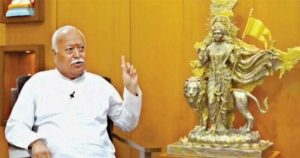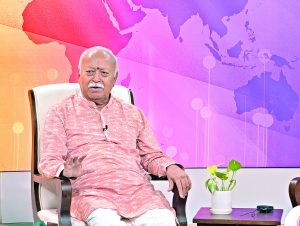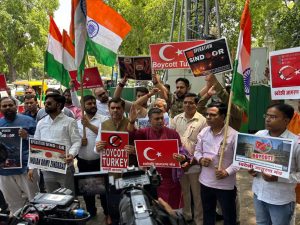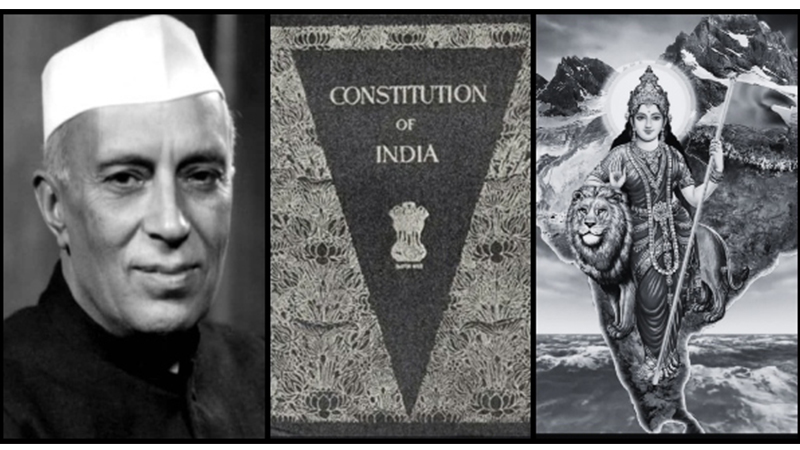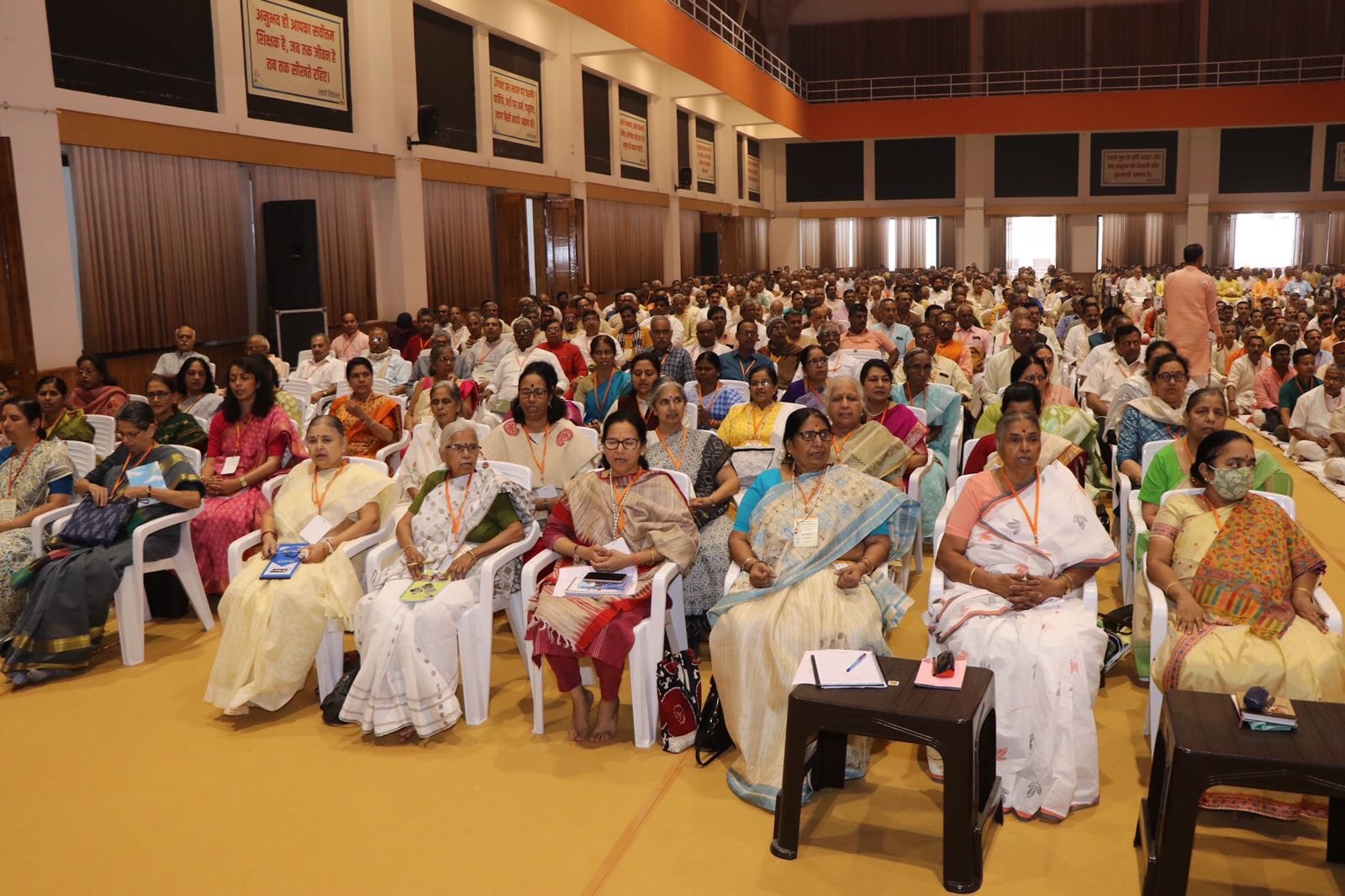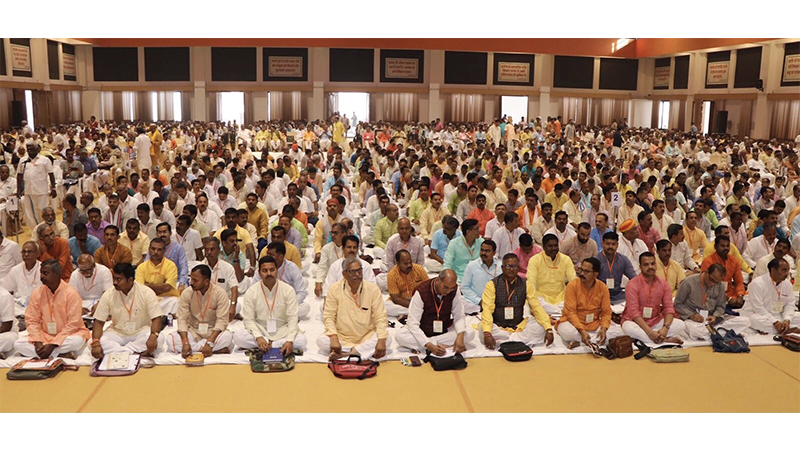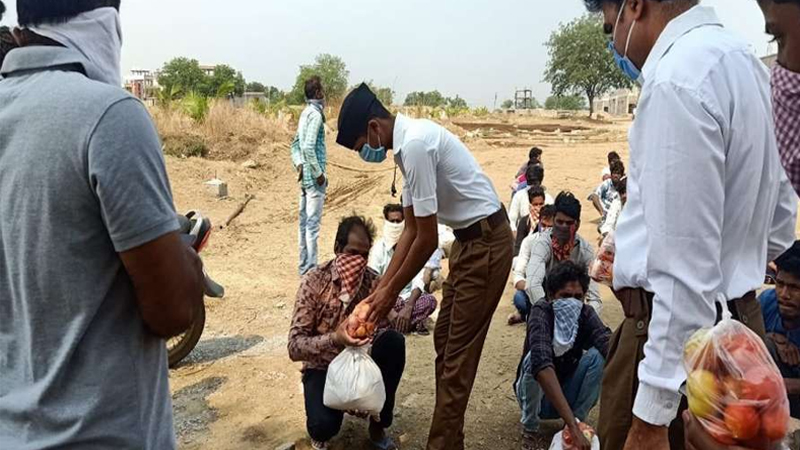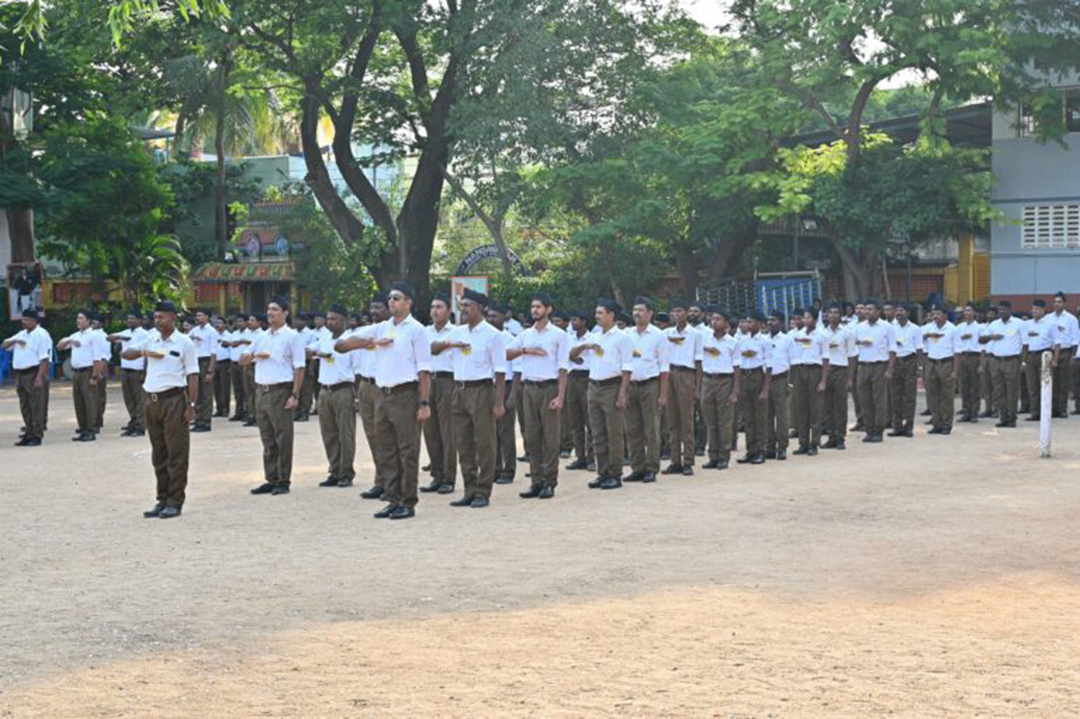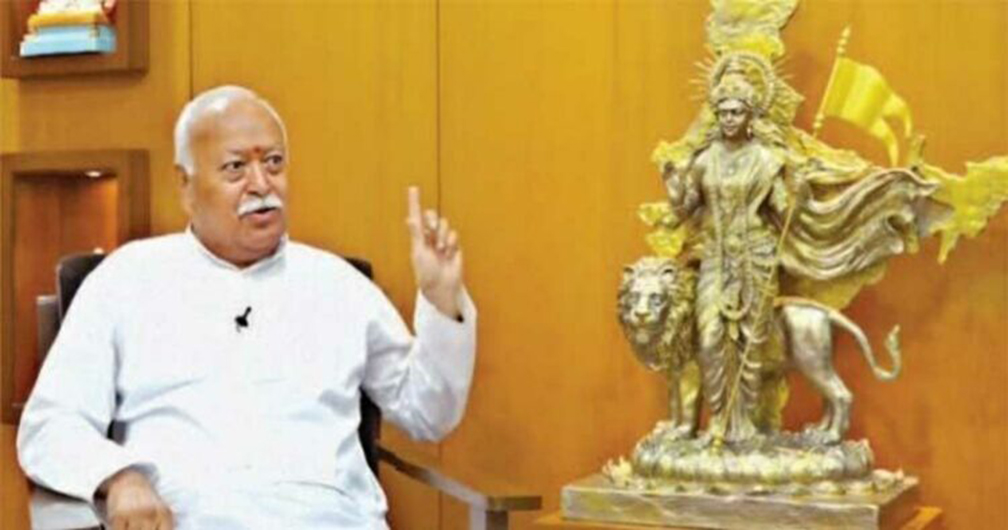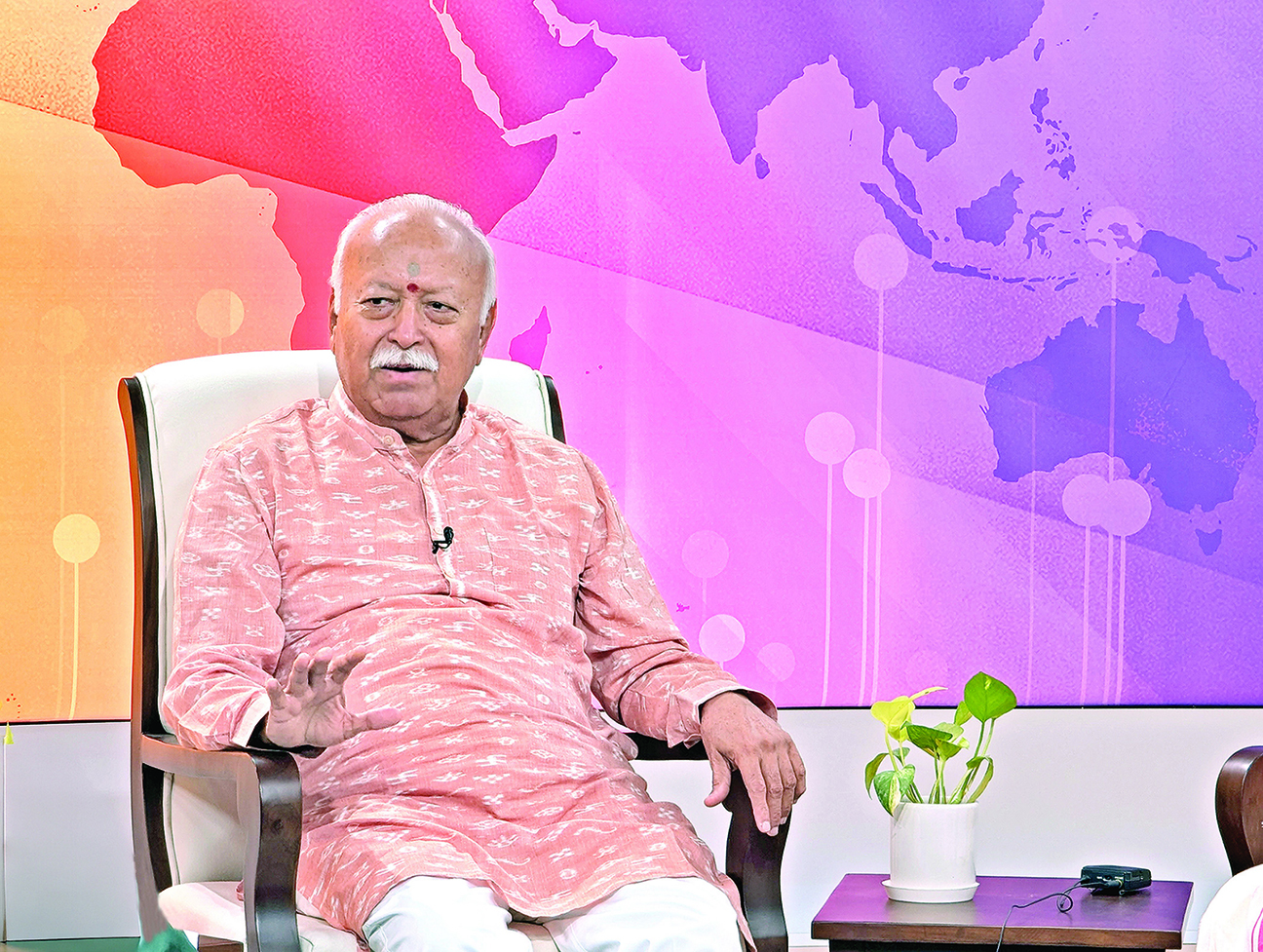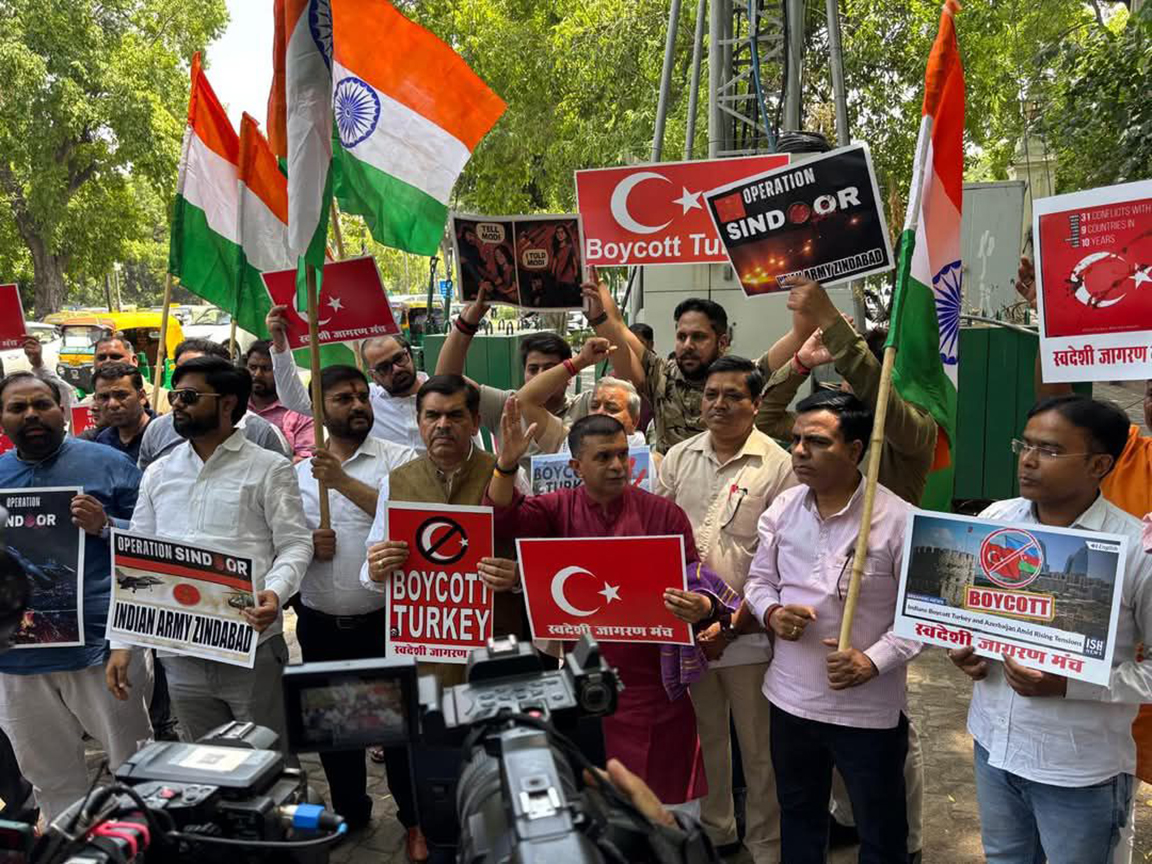RSS and Varsha Pratipada: Honouring Tradition, Strengthening Society
Updated: March 29, 2025 4:02
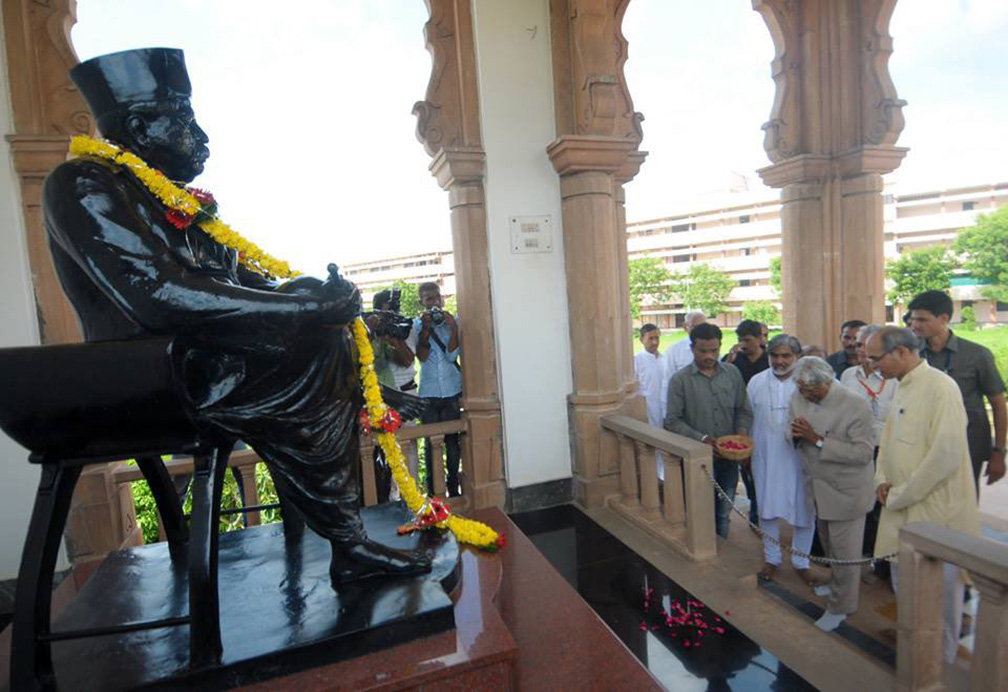
The Rashtriya Swayamsevak Sangh (RSS)commemorates Varsha Pratipada, the Hindu New Year, as one of its six major festivals. Marking a time of renewal and cultural reaffirmation, this occasion also holds special significance as it coincides with the birth anniversary of its founder Dr Keshav Baliram Hedgewar, whose vision continues to inspire the world’s largest voluntary organisation’s commitment to national unity and dharmic resurgence.
The RSS founder was born on the first day of the Hindu new year in 1889. According to the Gregorian calendar, this date corresponds to April 1, 1889. This year (2025), the Hindu New Yearfalls on March 30, based on the ancient Hindu lunisolar calendar, which aligns timekeeping with both the moon and the sun.
Dr Hedgewar was deeply influenced by India’s history and culture, shaping him into a staunch patriot. Recognizing the societal weaknesses that had led to foreign subjugation, he founded the Rashtriya Swayamsevak Sangh (RSS).He firmly believed that India’s resurgence depended on its people uniting, taking pride in their cultural heritage, practicing Dharma, and actively working toward reclaiming the nation’s lost glory.
Varsha Pratipada, the Bharatiya (Indian) New Year, is celebrated on first day of the month of Chaitra, which according to the Sanskrit calendar (beginning March-April)is the first month. With the blossoming of the new leaves comes the season of new beginning. It is the perfect time to celebrate the New Year along with nature. It symbolizes renewal and gratitude and is celebrated across India under various names—Ugadi, Gudi Padwa, Puthandu, Vishu, Baisakhi, Poila Baishakh, Rongali Bihu, Navreh, Cheti Chand, and Bestu Varas.Despite regional variations, the essence remains the same—honoring nature, expressing gratitude for the harvest, and seeking divine blessings for prosperity.
Deeply embedded in the tenets of Bharatiya civilization, Varsha Pratipada serves as a unifying force, connecting diverse traditions into a shared cultural identity. It ensures the preservation of dharmic values across generations while embodying reverence for nature and the spirit of renewal. Observed with unique customs in different regions, this festival ultimately reinforces the common sentiment of gratitude and hope for a prosperous year ahead.
The Rashtriya Swayamsevak Sangh (RSS) recognizes this essence and has made Varsha Pratipadafirst of the six major festivals it celebrates annually, aligning with its vision of cultural resurgence and national unity.
The six festivals that RSS celebrates with great gusto are – Vijayadashami, Makar Sankranti, Varsh Pratipada, Hindu SamrajyaDinotsav, Gurupurnima and Rakshabandhan.
Why did the RSS choose these six festivals?
The philosophy behind celebrating these six festivals has been explained in the book‘Sangh Utsav (published by Suruchi Prakashan, an RSS inspired publishing house)’. The comments in this publication are based on the views expressed by MS Golwalkar, the second Sarsanghchalak and Bala Saheb Deoras, the third Sarsanghchalak.
“The RSS has chosen these festivals as they synergise with its objectives and name. One must understand here that Sangh has not created any new festival. But these festivals are of national importance and the Hindu society has been celebrating them since times immemorial.”
The RSS celebrates Varsha Pratipada as the Hindu New Year, considering it a significant occasion deeply rooted in traditional Indian knowledge and scriptures makes it more meaningful.
The Hindu New Year follows a precise lunisolar system, balancing the cycles of the Moon and the Sun to ensure seasonal accuracy. It begins in Chaitra(March-April), after the new moon, when the Sun enters Aries (Mesha Rashi), marking a new cosmic cycle. Corrections like Adhik Maas (extra month every 32.5 months) prevent seasonal drift, maintaining harmony with nature. Ancient scholars like Aryabhata and Bhaskaracharya refined these astronomical calculations, making the Hindu calendar one of the most scientifically advanced timekeeping systems.
It was on this very day that Lord Brahma began the creation of the universe. Several historical and cultural events are associated with this day, making it even more meaningful. Emperor Vikramaditya’s victory over the Shaka invaders led to the establishment of the Vikrami Samvat, a Hindu calendar that continues to be widely followed, particularly in rural India. It is also believed that Lord Rama’s coronation as the King of Ayodhya took place on this day, reinforcing its importance in Hindu tradition. In modern history, Maharishi Dayanand Saraswati founded the Arya Samaj on this occasion, marking a significant reformist movement. Furthermore, India’s official national calendar, the Sak Samvat, also begins on this very day.
The Sangh Utsavdescribes Varsha Pratipada as a moment of reflection and renewal. It marks the end of the old year and the beginning of the new, serving as a time to review past work and plan for the future. On this day, RSS swayamsevaks don their full uniform, and before hoisting the Saffron Flag, they offer a special salute called ‘Aadya Sarsanghchalak Pranam’ in honour of Dr. Hedgewar. The RSS band, known as ‘Ghosh’, plays wherever possible, adding to the celebratory spirit. Across variousshakhas, swayamsevaks(volunteers) come together for sports competitions, intellectual discourses, and other programs aimed at fostering discipline and unity. A significant aspect of these celebrations is the presence of a distinguished guest speaker—often a respected and inspirational personality—who addresses the gathering and shares insights. Such engagements not only strengthen the RSS’ ideological foundation but also help in community outreach and organizational expansion.
The RSS views festivals as more than just celebrations; they serve as tools for awakening societal consciousness. The Sangh believes that memories of great personalities who made sacrifices are linked with these festivals, and by commemorating them, society remains connected to its roots. This approach ensures that Hindu traditions are preserved, while also providing a platform for engagement with the local community. The shakhas play a crucial role in this regard. Shakhas foster Sangh’s growth by celebrating festivals that engage the local community and showcase RSS ideology. On this special occasion, many RSS shakhas come together to celebrate. They organize sports competitions and discussions led by important RSS leaders. Sometimes, a well-known and inspiring person is invited as the chief guest to share their thoughts with the swayamsevaks. This allows the RSS to build relationships with people from different backgrounds and helps the organization grow and reach more sections of society.
Historically, Varsha Pratipada has also played a role in the expansion of the RSS itself.
In 1939, during India’s struggle against British rule, Guruji M.S. Golwalkar (2nd Sarsanghchalak of the RSS) was sent to Calcutta (now Kolkata) to establish the RSS’ presence in Bengal. Despite financial constraints, he walked 25 miles daily, tirelessly working to build the organization in the region. His efforts bore fruit when the first RSS shakha in Bengal was inaugurated on Varsha Pratipada in 1939. It is important to note that until then, RSS shakhas were primarily started by volunteers who were students in new regions, with only a handful of full-time Pracharaks. Guruji recognized the need for a dedicated network of full-time workers solely focused on expanding the organization’s reach. By introducing the Pracharak system, he laid the foundation for the RSS’ phenomenal growth across the country, a tradition that continues to this day.
For the RSS, these celebrations are not just rituals but a reaffirmation of its commitment to national and cultural resurgence. By linking them to historical and spiritual milestones, the organization ensures that they serve as occasions for introspection, unity, and renewed dedication to societal service. The larger goal remains the strengthening of Hindu society, preservation of its cultural identity, and the continuous expansion of the Sangh’s outreach across different sections of society.
(The writer is an author and columnist)

